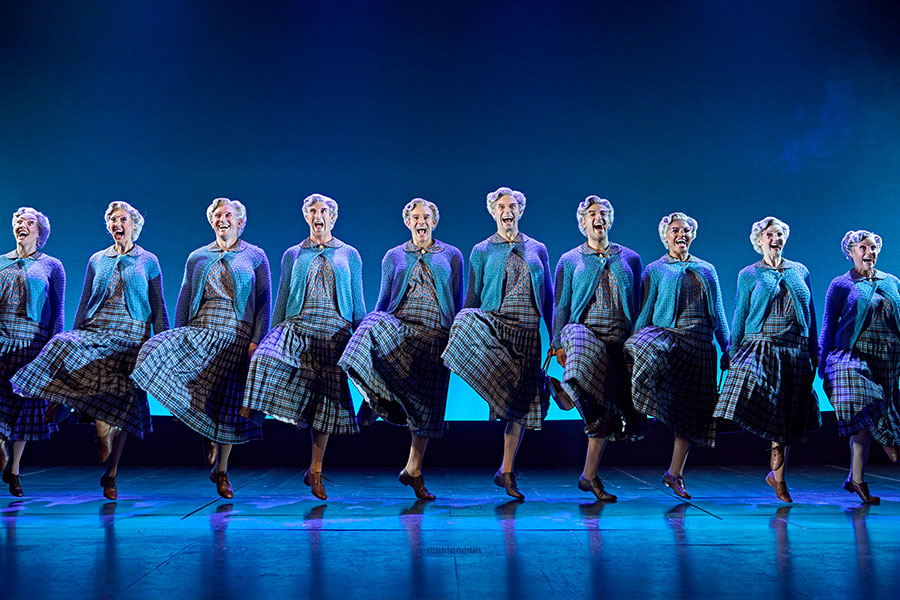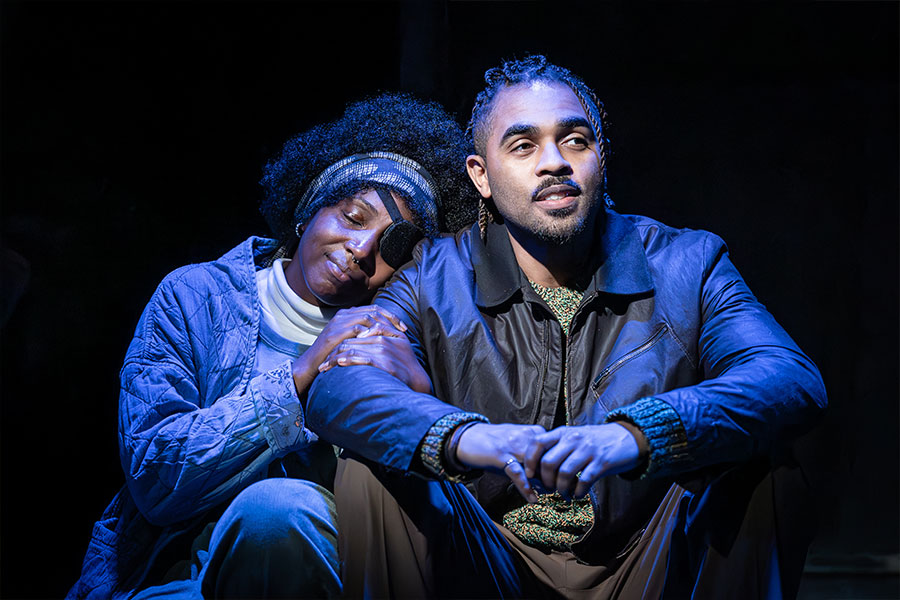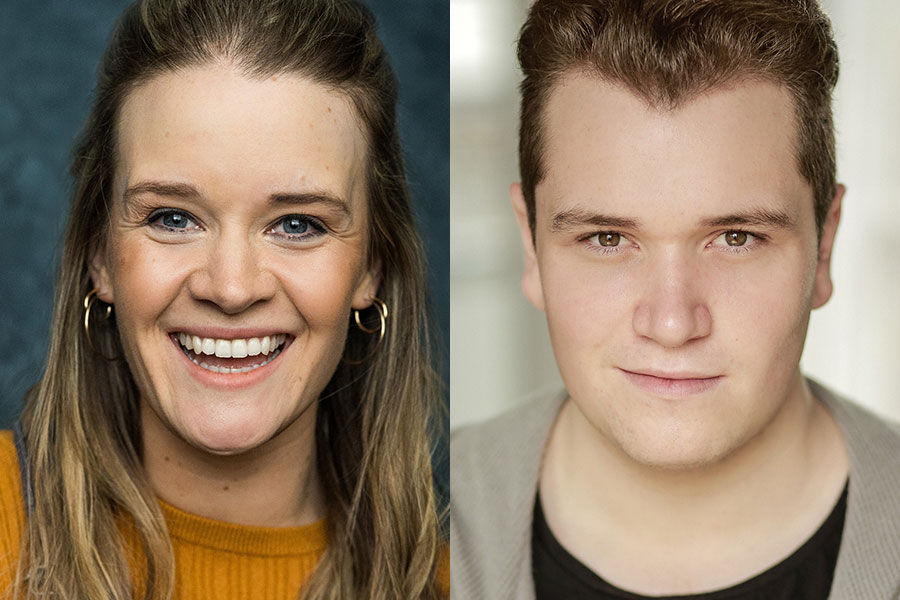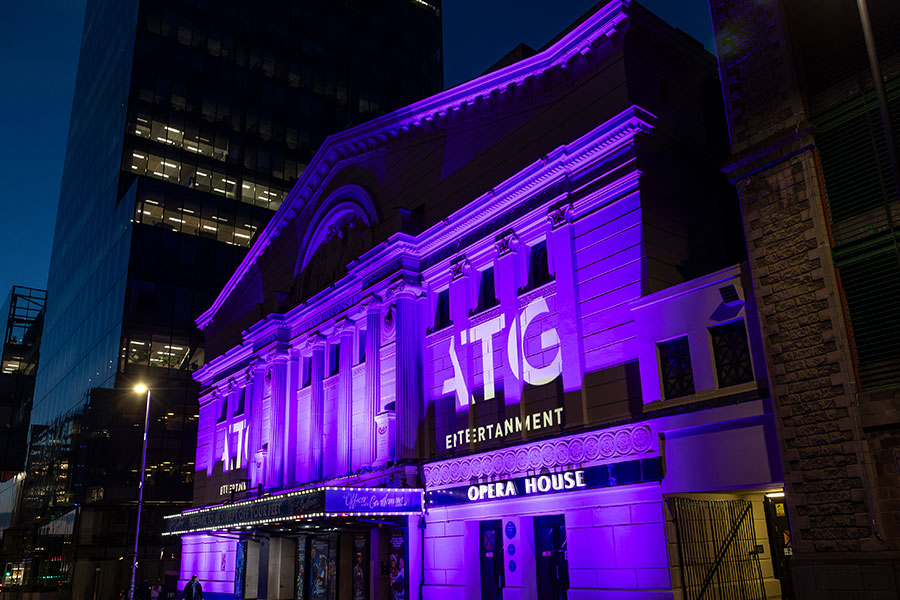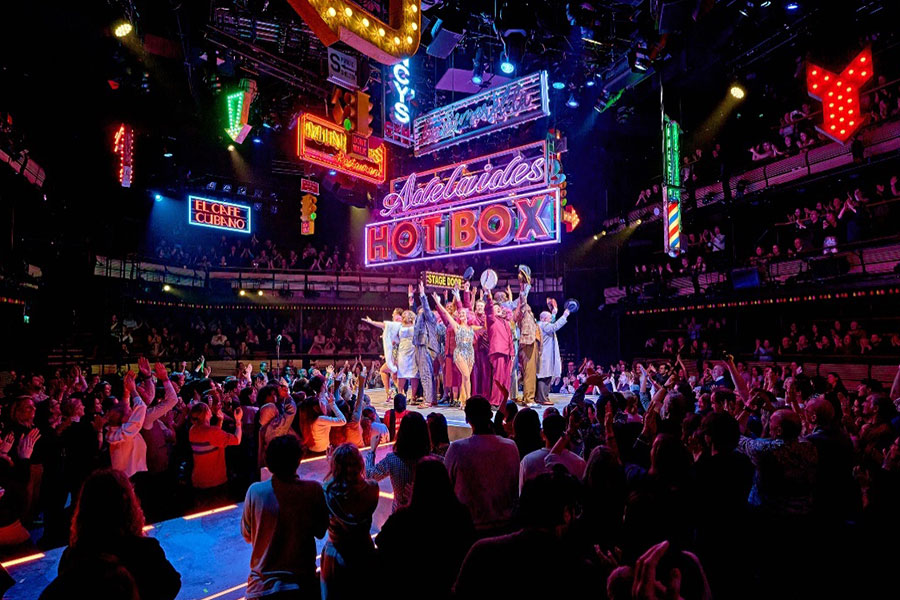Boa (Trafalgar Studios) – 'Harriet Walter is immaculate'
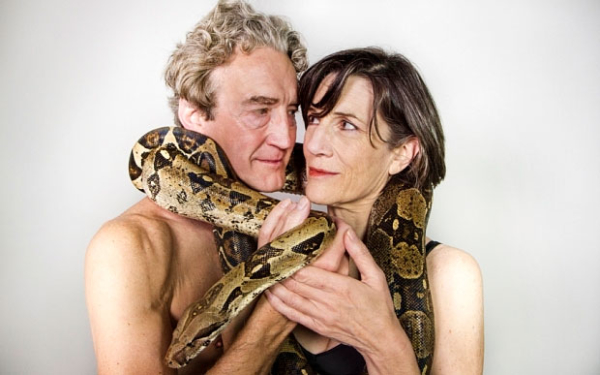
© Helen Murray
Nothing is worse, when you’ve been given the chance to review a play, than to be caught out by a twist in its plot. All the vain ornaments of your privileged role; the chewed biro, the tattered exercise book, the distended lip tipped to unburden an exuberant sigh – don’t count for very much when you’ve been suckered by the real action, and left feeling even more than the usual level of fraud at the point you’re obliged to tap out your summary.
At any rate Boa caught me out and though I’d like to hope it’s a reflection more of the thoughtful writing of Clara Brennan and nuanced direction of Hannah Price than my gullibility, I can’t honestly be sure, since both the script and staging are generous with clues more attentive audience members may spot.
Boa (Harriet Walter) is a dancer preparing for a performance backstage when she’s visited by Louis (Guy Paul), an old flame and one time war correspondent. Over the course of the play the action switches continuously but fluidly between the present moment, a bottle of red wine never too far from Boa’s hand, and a series of their past encounters – some from many years previously – in which the pair play younger versions of themselves. These glimpses of intertwined lives are lent a peculiar edge by the knowledge that the actors are themselves married to one another. Whenever they play themselves as gauche young lovers or rowing 30-somethings, it’s hard not to marvel at their professional suppression of embarrassment.
The professional closeness of Walter and Paul stands in marked contrast to the couple they play, who continuously row in part because they can never understand, nor share one another’s work. Playwrights often seem disproportionately interested in dancers and war reporters – perhaps because the first are apparently able to express ideas without needing words, while the latter seemingly use the words they write to purposeful ends – both visions of work fiction writers tend to envy.
Brennan’s writing, though very well crafted, is not especially interested in or interesting about either of its protagonists' jobs. Nor are the play’s politics always easy to warm to – "I haven’t got time for people who get angry at liberal guilt", Boa complains at one point, capturing a sense of entitlement, a sense of victimhood and smug self-congratulation simultaneously.
Boa does at points slide towards becoming an actor’s studio chamber piece (it goes without saying that Walter whether playing flirtatious, exuberant, drunk, angry or depressed is more often than not immaculate, while Paul in a more constrained role is a smart foil) but it’s the play’s cunning denouement that may linger in the mind longest.
Boa is running at Trafalgar Studios until 7 March 2015




